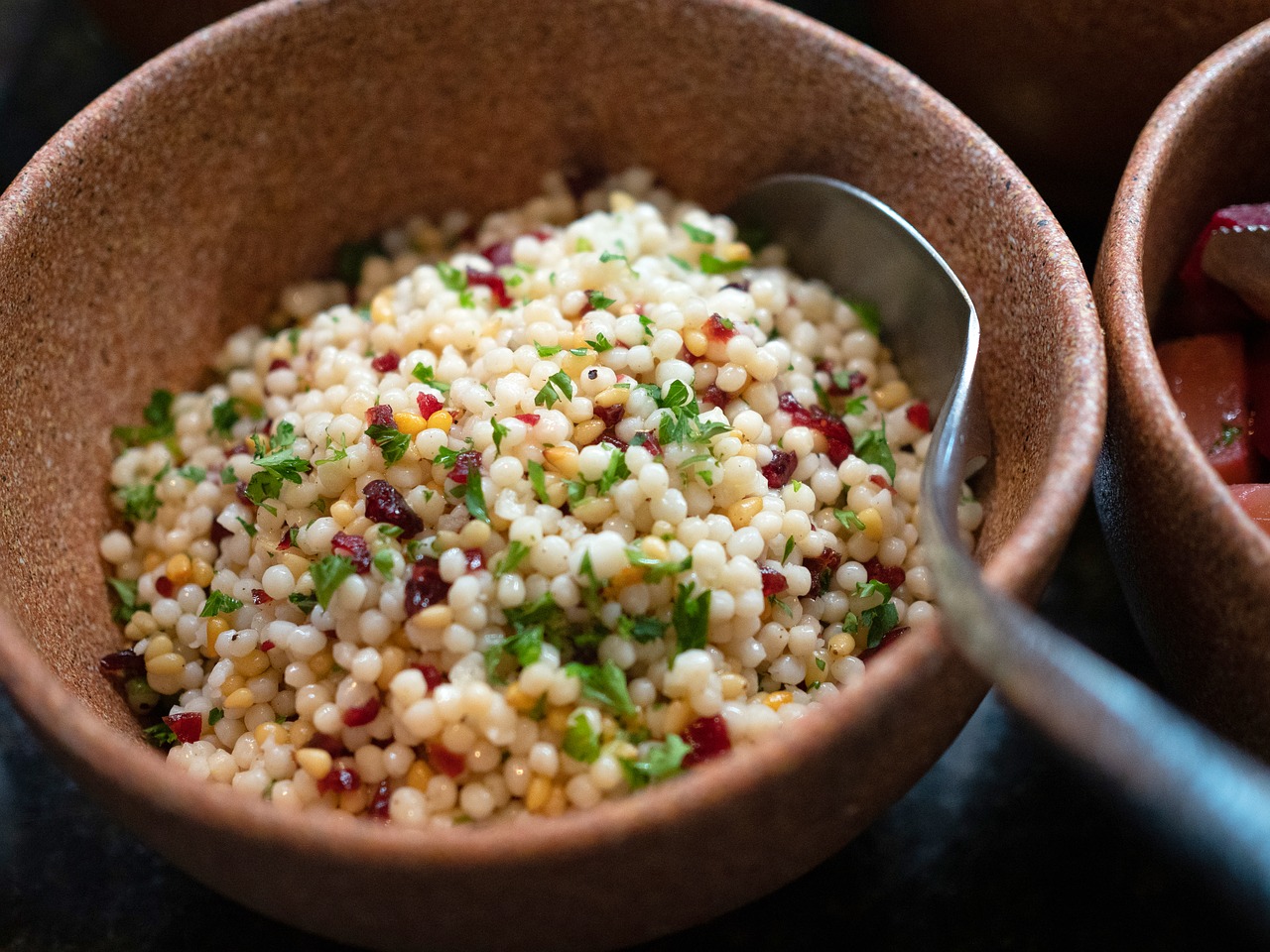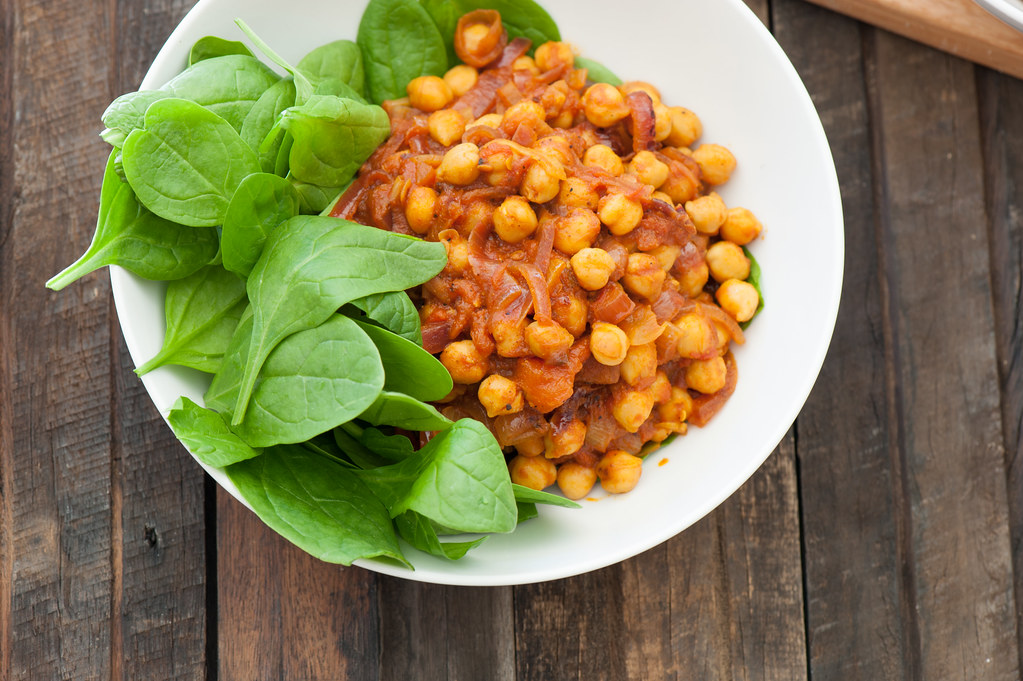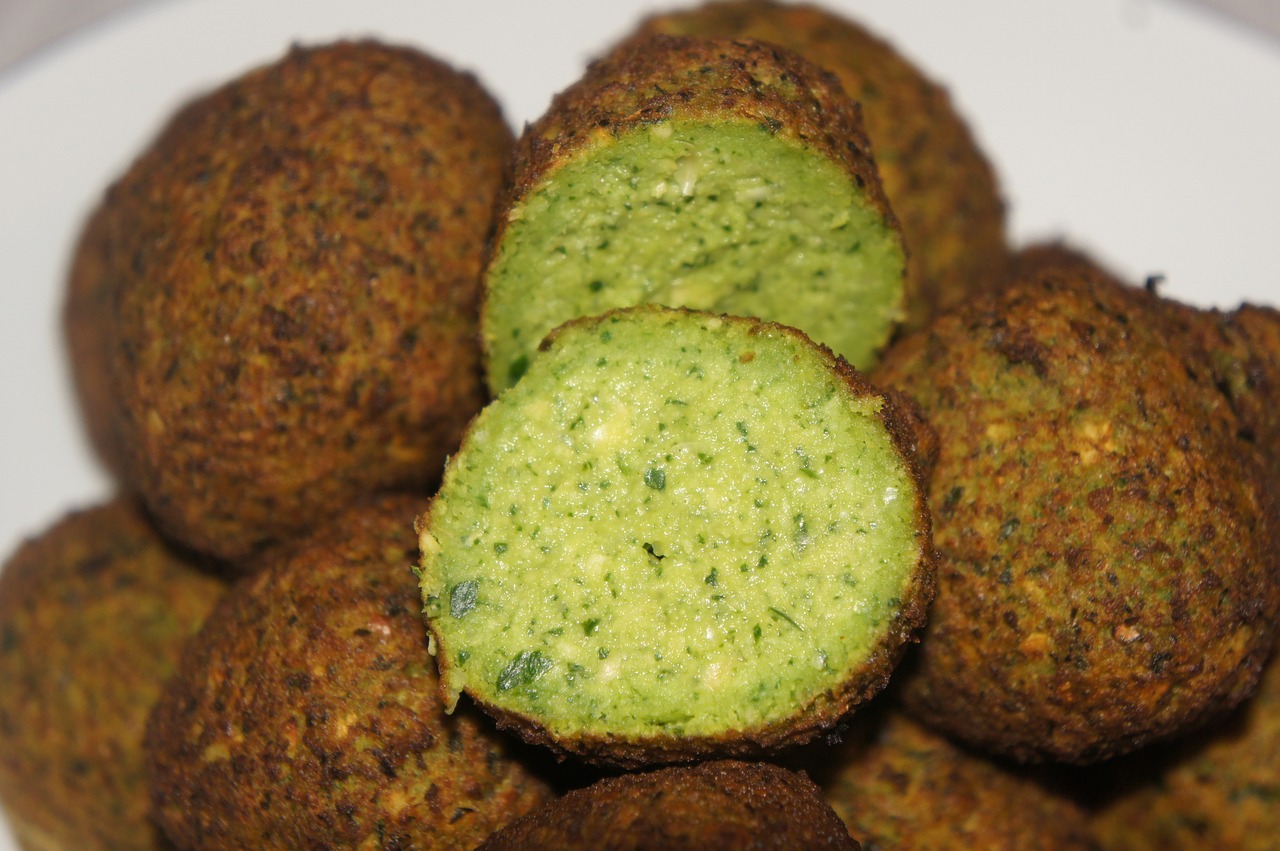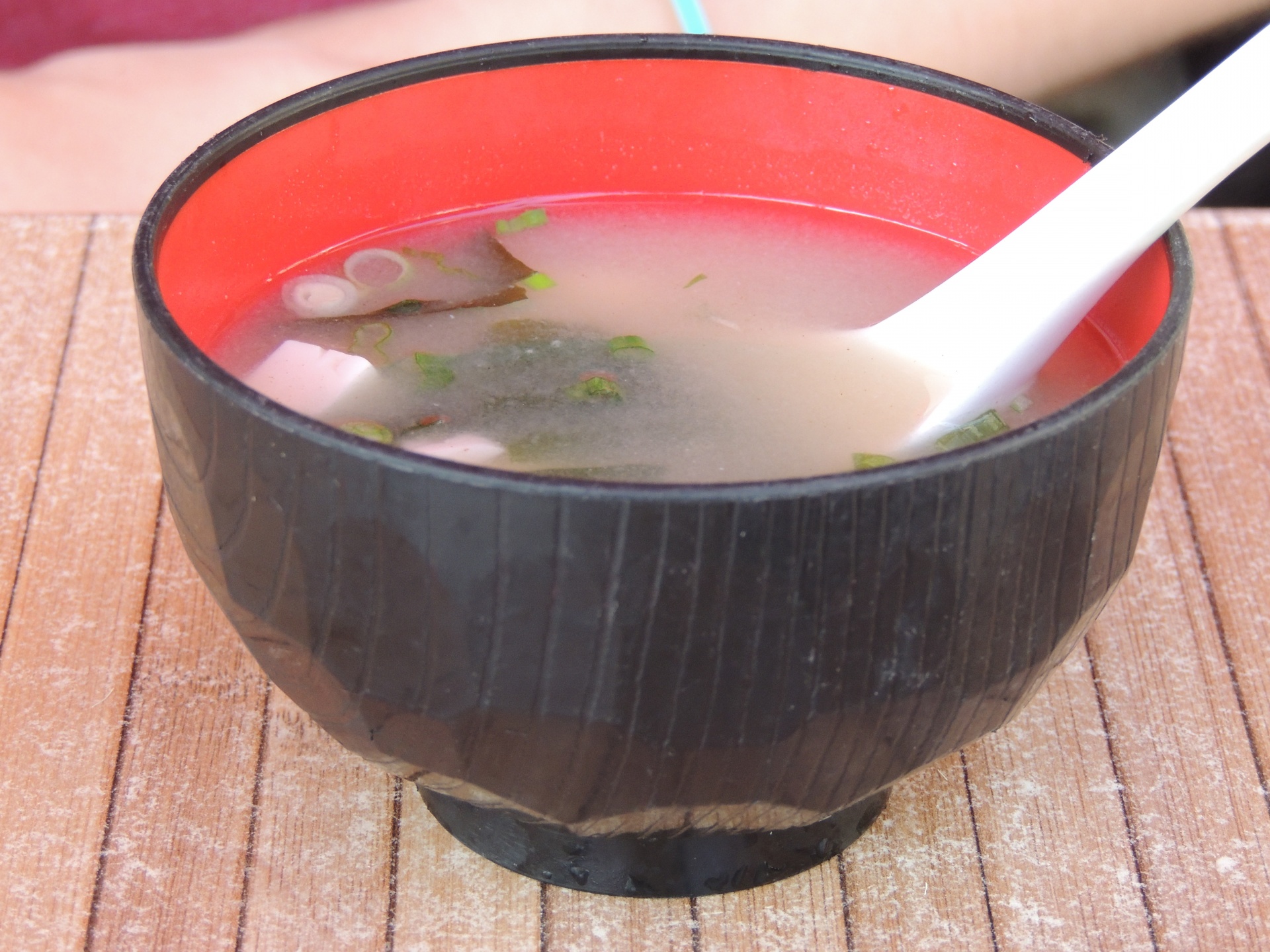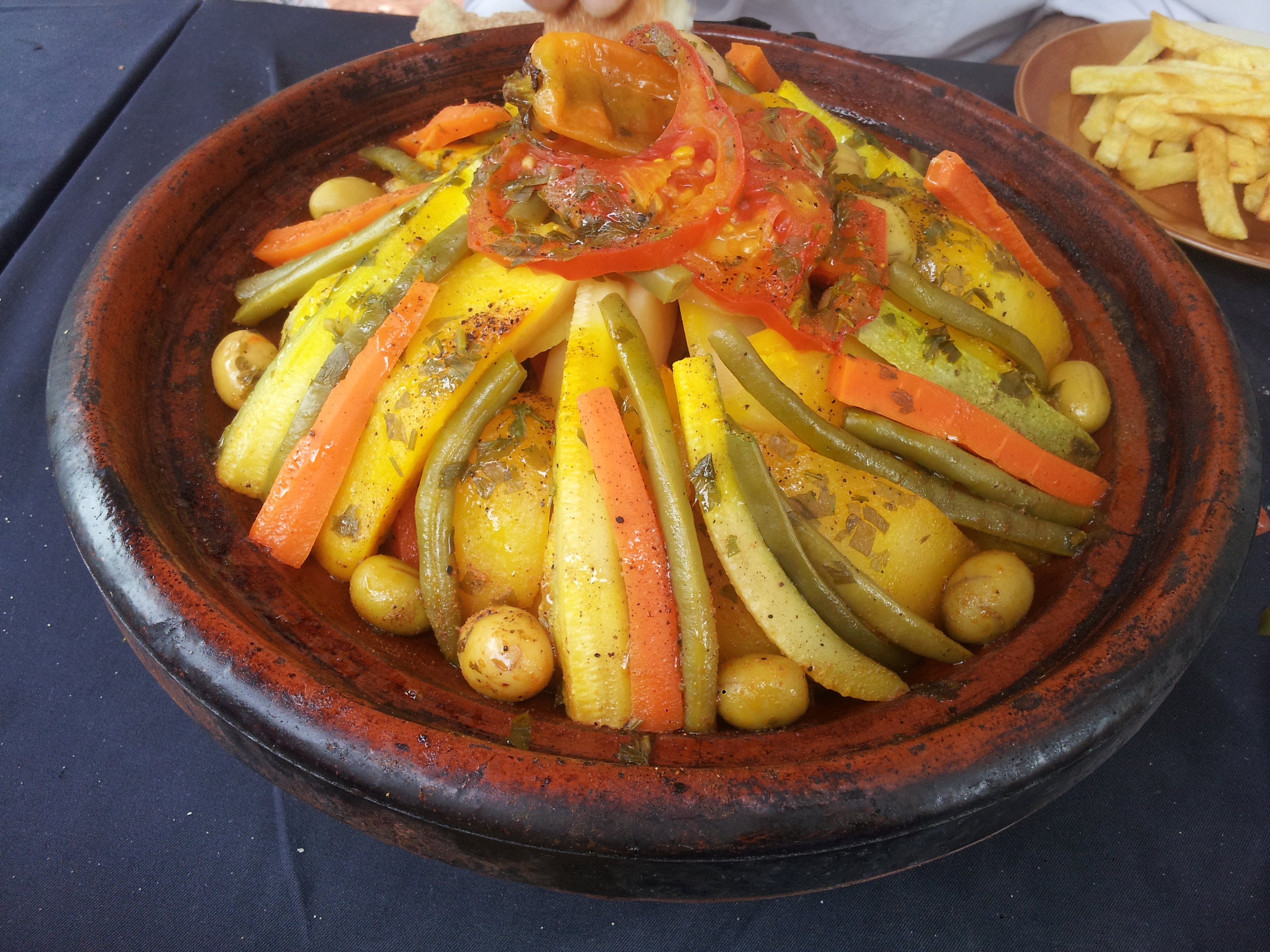
Introduction:
Falafel, a popular Middle Eastern dish made from chickpeas or fava beans, is a flavorful and satisfying meal that is loved by many. In this post, we will explore the origins of the falafel recipe, provide a detailed list of ingredients and preparation steps, discuss its nutritional value, and offer tips and tricks for making the perfect falafel at home.
Origin and History Of This Recipe:
The origins of falafel can be traced back to Egypt, where it was first made with fava beans. Over time, it spread to other parts of the Middle East and Mediterranean region, where chickpeas became the preferred ingredient. Today, falafel is enjoyed worldwide and is a staple in vegetarian and vegan diets.
Things To Expect In This Post Article:
Before we continue, let’s take a look at what you can expect from this post. We will cover the history and origins of the falafel recipe, list all the ingredients needed, provide detailed preparation steps, discuss its nutritional value, offer serving suggestions, and answer frequently asked questions about falafel.
Ingredients List:
- 1 cup dried chickpeas
- 1 small onion, chopped
- 3 cloves of garlic, minced
- 1/4 cup fresh parsley, chopped
- 1 teaspoon ground cumin
- 1 teaspoon ground coriander
- 1/2 teaspoon cayenne pepper
- 1 teaspoon salt
- 1/2 teaspoon black pepper
- 1/2 teaspoon baking soda
- Vegetable oil for frying
Preparation Steps:
- Soak the chickpeas in water overnight.
- Drain and rinse the chickpeas, then add them to a food processor along with the onion, garlic, parsley, cumin, coriander, cayenne pepper, salt, pepper, and baking soda.
- Blend the mixture until it forms a coarse paste.
- Shape the mixture into small balls or patties and fry in hot oil until golden brown.
- Serve the falafel with tahini sauce, pita bread, and your favorite toppings.
Cooking Time & Servings:
Preparation time: 20 minutes
Cooking time: 10 minutes per batch
Servings: Makes about 20 falafel balls
Personal Touch:
Falafel holds a special place in my heart as it reminds me of my travels to the Middle East. I love the crispy texture and rich flavors of falafel, and I enjoy experimenting with different herbs and spices to create unique variations.
Nutritional Information:
- Calories: 50 per falafel ball
- Protein: 2g
- Carbohydrates: 6g
- Fat: 2g
- Fiber: 2g
Health Conditions And People To Avoid This:
- Individuals with gluten intolerance should avoid falafel made with wheat flour.
- Those with digestive issues may want to limit their intake of falafel due to its high fiber content.
Nutrition and Benefits To The Body:
Chickpeas are a good source of plant-based protein and fiber, which can help support digestion and promote satiety. Additionally, the spices used in falafel, such as cumin and coriander, have antioxidant properties that can benefit overall health.
Disadvantages:
While falafel is a nutritious option, it can be high in calories and fat if fried in excess oil. Eating it in moderation is key to enjoying its health benefits without overindulging.
Tips and Tricks:
- For a healthier alternative, bake the falafel instead of frying.
- Experiment with different herbs and spices to customize the flavor of your falafel.
- Serve falafel with a side of hummus and fresh vegetables for a complete meal.
Equipment Needed:
- Food processor
- Frying pan
- Slotted spoon
- Paper towels
Variations or Substitutions:
- Substitute fava beans for chickpeas for a traditional Egyptian twist.
- Use gluten-free flour or breadcrumbs for a gluten-free version of falafel.
Serving Suggestions:
- Serve falafel in pita bread with tahini sauce, pickled vegetables, and fresh herbs.
- Enjoy falafel as a salad topping or in a wrap with lettuce, tomatoes, and cucumbers.
Storage and Reheating Instructions:
Store leftover falafel in an airtight container in the refrigerator for up to 3 days. Reheat in the oven or toaster oven for a crispy texture.
Conclusion:
I hope this post has inspired you to try making falafel at home and experiment with different flavors and presentations. Let me know your thoughts in the comments below, and don’t forget to share your falafel creations on social media. Happy cooking!
Frequently Asked Questions (FAQs):
Q: Can I use canned chickpeas instead of dried chickpeas?
A: While canned chickpeas can be used in a pinch, dried chickpeas are recommended for the best texture and flavor.
Q: How do I make gluten-free falafel?
A: Substitute gluten-free flour or breadcrumbs for the binding agent to make falafel gluten-free.
Q: Can I freeze falafel for later use?
A: Yes, falafel can be frozen after shaping into balls and before frying. Simply thaw and fry when ready to enjoy.




